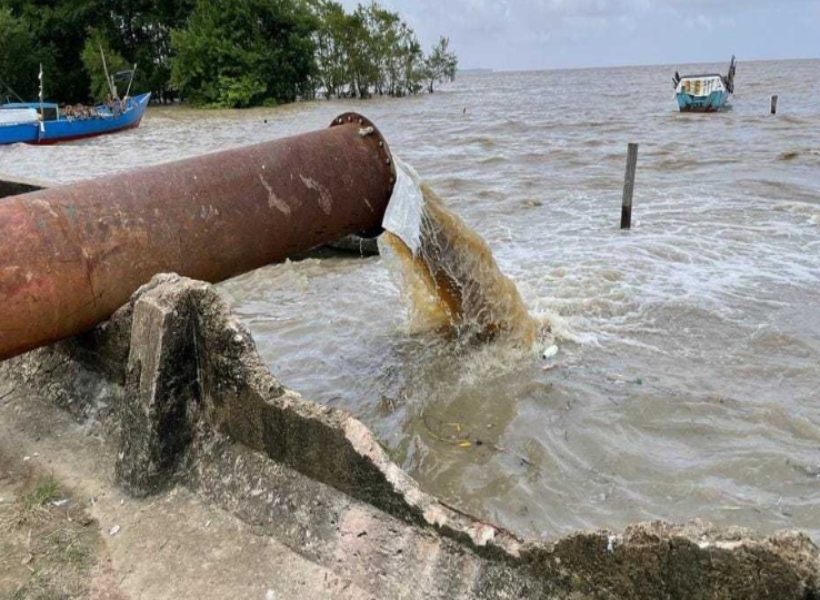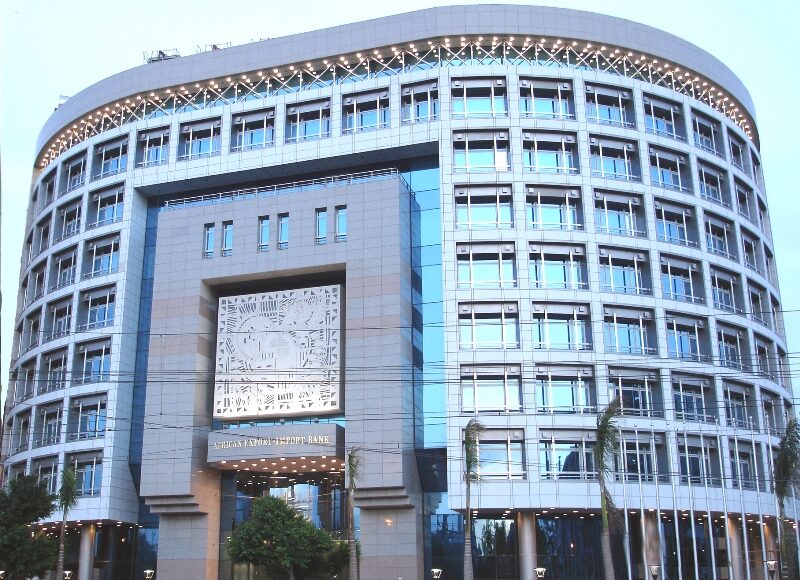President, Irfaan Ali recently announced that the Central Bank of Guyana is scrutinizing a proposal from the African Export-Import Bank (AfriExim Bank). This proposal, which was discussed at the recent AfriExim Bank Annual General Meeting (AGM) in the Bahamas, seeks to implement a robust payment system that would significantly improve cash flow management across Guyana and the broader Caribbean region.
President Ali, who was a speaker at the AGM, highlighted the critical need for a national payment system that could facilitate quicker and more efficient transactions. “When I was in the Bahamas as a speaker at the AfriExim Bank AGM, this matter came up, and the AfriExim Bank is proposing a payment system that can aid the region,” he said. He emphasized the system’s potential to support the type of cash flow management required for various economic activities, including those related to tourism and trade.
The President has tasked the Governor of the Central Bank, Dr Gobind Ganga and the Minister of Finance, Dr Ashni Singh with evaluating the feasibility of the AfriExim Bank’s proposal. He drew a parallel between the role of the AfriExim Bank in Africa and the Caribbean Development Bank (CDB), suggesting that a similar framework could be beneficial for the Caribbean. “I’ve asked the Governor of the Central Bank and the Minister of Finance to examine the proposal of the AfriExim Bank,” he noted. “As you know, the bank is an offshoot of the EU just like the CDB is an offshoot of us.”
Recognizing the regional implications of an improved payment system, President Ali has also reached out to Prime Minister Mia Mottley of Barbados. As CARICOM Chair he said, he has requested that she convene a meeting with ministers of finance and Central Bank governors across CARICOM to discuss the proposal in depth. “I think Prime Minister Mottley, we (I) have asked her as chair of CARICOM, to convene a meeting between ministers of finance and governors of the central banks to examine the proposal of the AfriExim Bank,” Ali stated.
The President highlighted that the challenges in payment and clearance systems are not unique to Guyana but are prevalent throughout the Caribbean. He pointed out that in some sectors, such as tourism, it can take up to 50 days to process payments, which underscores the need for a more efficient system. “Payment system and the clearance is not only a matter to Guyana,” Ali explained. “All countries in the region have challenges in different areas. Sometimes this applies to tourism facilities. It takes 50 days or 40 days to get payment, so there has to be a mechanism to help with our cash flow management.”
To address these issues, the President announced that the Minister of Finance has already initiated discussions with commercial banks in Guyana to explore how the proposed payment system could be integrated and what legislative changes might be necessary. “The Minister of Finance has convened a meeting with the banking system—the commercial banks here—to see how this matter could be addressed,” Ali revealed.
He also mentioned that upcoming amendments to legislation and regulations will aim to clarify that contracts and invoices can serve as measures of security, thereby enhancing the financial system’s efficiency and reliability. “In the amendments, you will see some of this will be addressed…by legislation and regulations to make it clear that the contract and the invoices can be used as some measure of security.”
These initiatives are part of a broader agenda to modernize and strengthen Guyana’s financial infrastructure. He said the government is committed to ensuring that the necessary regulatory frameworks are put in place to support these improvements. “That engagement is ongoing, and they’re looking at the regulations and legislation. That also is something that is high on the agenda and will be addressed in this slew of changes to come,” President Ali asserted.
The Central Bank’s ongoing evaluation will determine the viability of this initiative and potentially pave the way for its implementation, marking a crucial step forward in regional financial integration and development.









